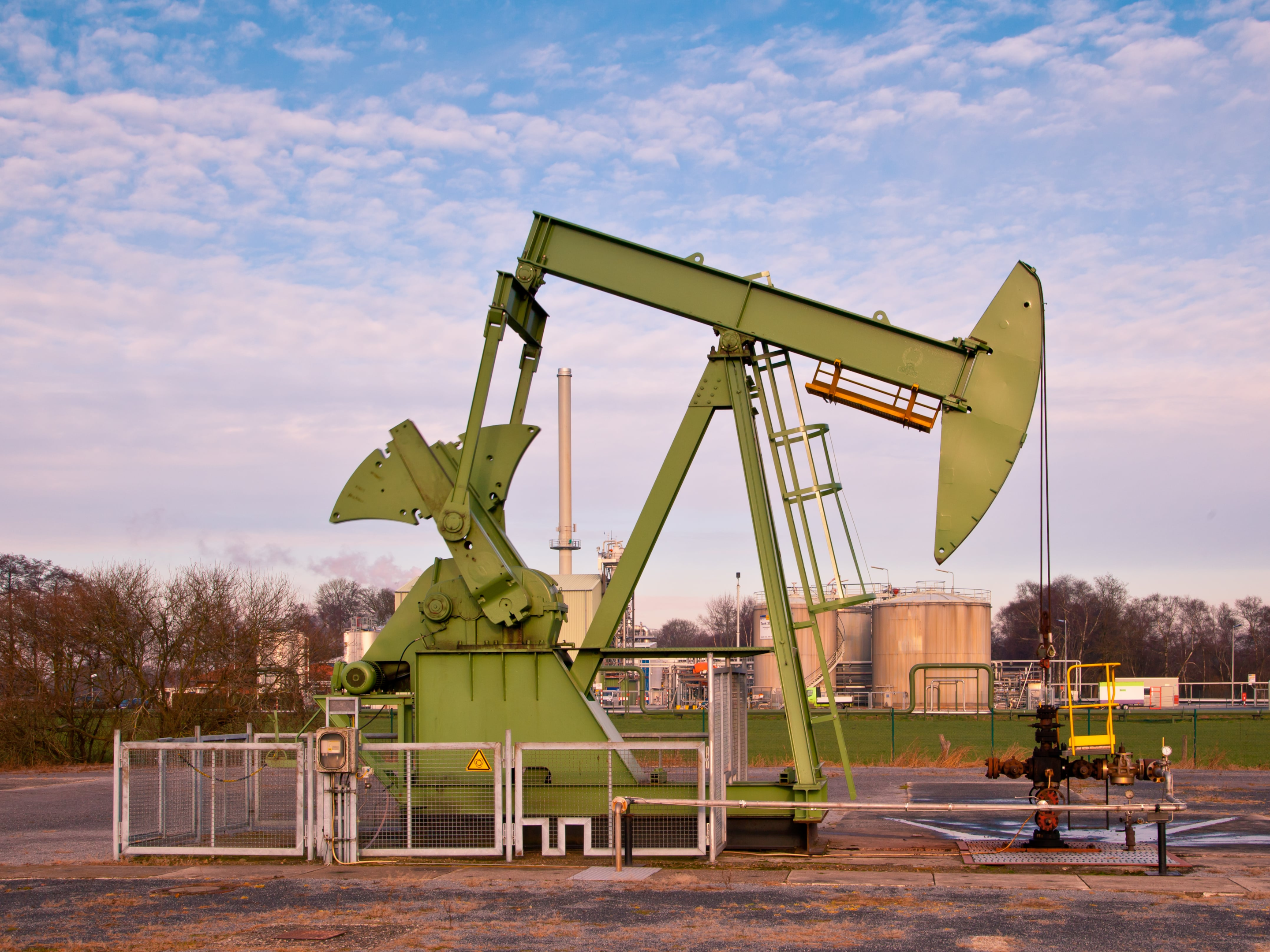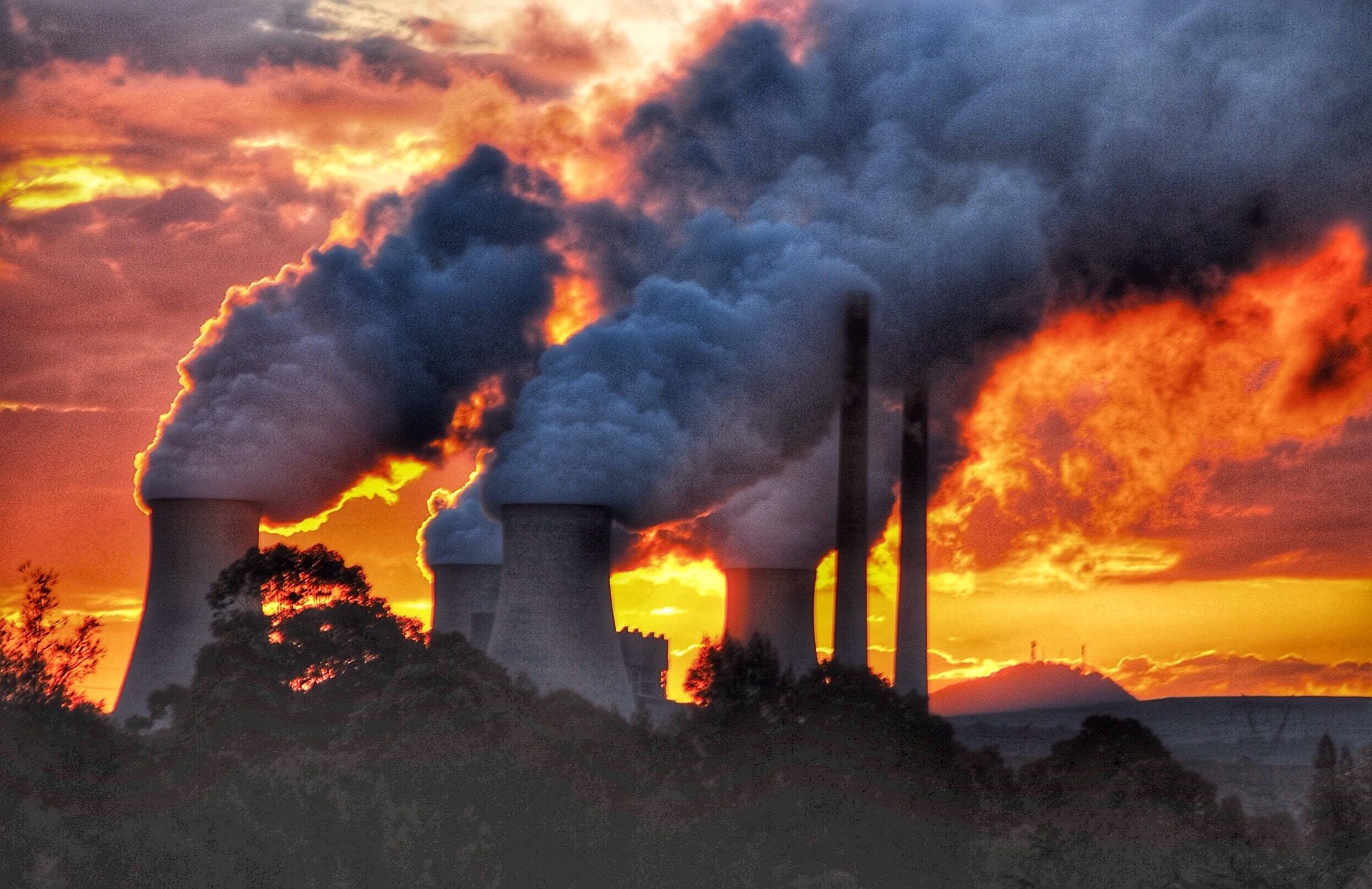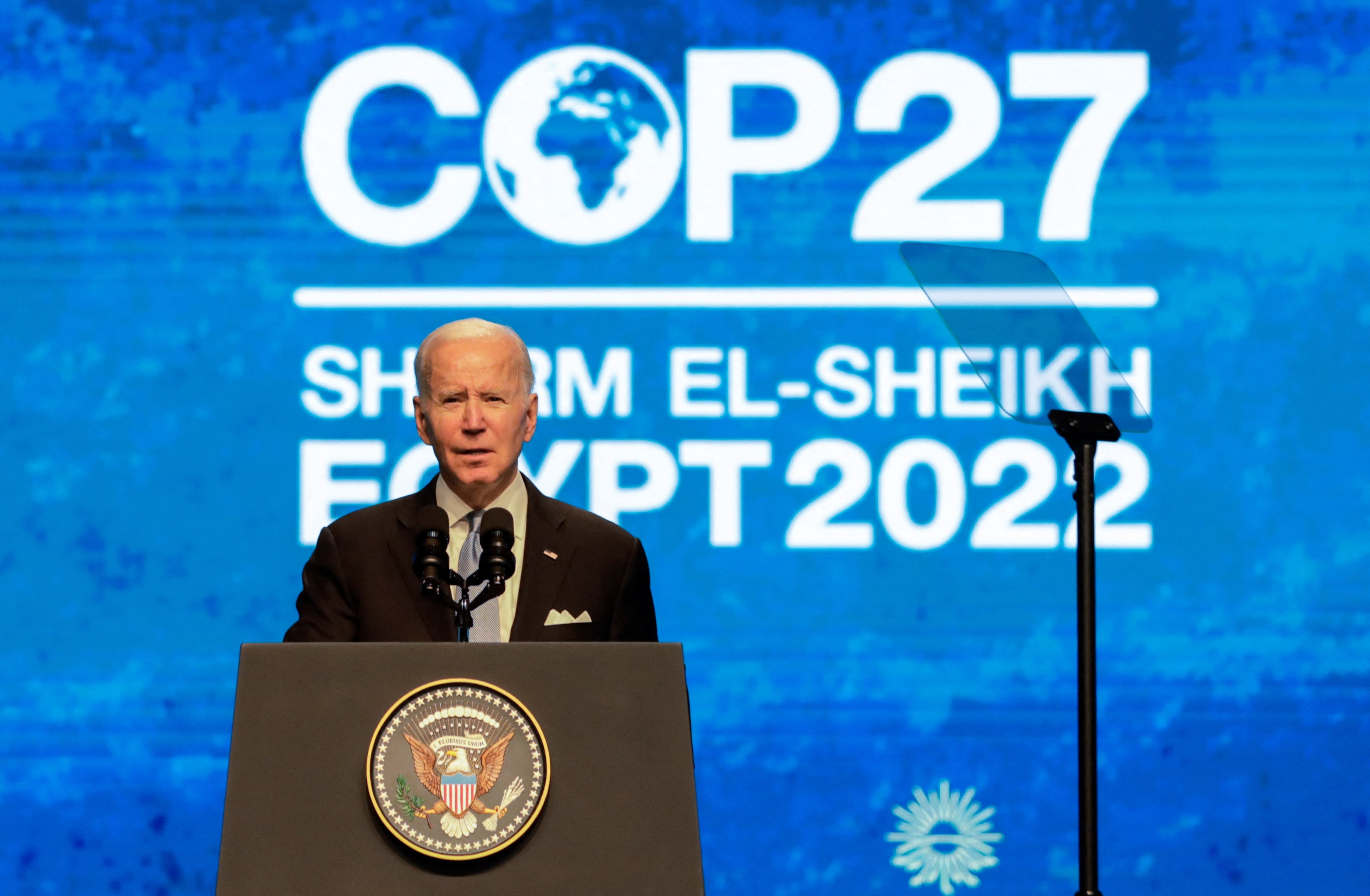This year's COP28 presents a crucial chance to discover worldwide climate action solutions aimed at curbing global emissions, so as to keep our temperature at or below 1.5 degrees as outlined in the Paris Agreement.
This urgency is heightened by recent projections indicating that we are currently on course for a 3-degree increase in warming.
As the world grapples with the pressing issue of climate change, the Conference of the Parties (COP) plays a pivotal role in shaping the path towards a sustainable future and to limit global warming.
With COP28 in the United Arab Emirates kicking off this week, the urgency to combat climate change has never been greater. It is crucial that global leaders and stakeholders come together to address the following pressing challenges and take decisive, meaningful climate action. This is where we think action is needed:
Oil Companies' Responsibility

Oil companies have made massive profits in recent years, exploiting on our dependence on fossil fuels, but they only invest a small proportion of their profits in renewable energy. Now is the time to ensure these companies invest a meaningful amount of their profits in transitioning to clean renewable energy.
Fossil fuel companies need to invest over a longer time period an we believe they should place profits in trust, or similar instrument to enable investments to be made carefully over the next decade, ensuring a transition to a greener and more sustainable energy future.
Controlled End to Coal Usage

Coal, a major contributor to greenhouse gas emissions, must be phased out in a controlled manner. A just transition is crucial to ensure that affected countries are supported throughout this process.
While there may be concerns about the economic implications of a sudden end to coal usage, we must prioritise the long-term health of our planet and future generations.
Reduction of Methane Emissions
Methane emissions significantly contribute to global warming. It is essential to target the main sources of methane, such as gas flaring, fracking, liquid natural gas and waste management.
By implementing stringent regulations and investing in cleaner technologies, we can effectively reduce methane emissions and mitigate the impacts of climate change.
International Agreement on Plastic Pollution

Plastic pollution has reached alarming levels, posing significant threats to our ecosystems and marine life. We need a robust international agreement that addresses plastic pollution at its source through controlled use, control of waste and effective recycling.
By implementing comprehensive measures to reduce single-use plastics and improve waste management systems, we can protect our environment and create a cleaner, more sustainable future.
Climate Investment Target
NATO countries have a defense spending target of 2% GDP. To accelerate the transition to a low-carbon economy, we should set a climate investment target amongst our allies, particularly in the global North. This will drive financial resources towards sustainable initiatives and show the world we are leading in a green future.
Transformation of Global Financial Systems

The current world financial order is based on GDP growth with a reliance on under priced externalities. To truly address the climate crisis, we must transform our global financial systems to price in environmental impacts and move to sustainable circular economies.
What's needed from COP28?
As we approach COP28, the need for decisive actions has never been more crucial.
With clear actions we have the opportunity to shape a future that is sustainable, resilient, and equitable. It is time for global collaboration from world leaders who show unwavering commitment, and urgent action.
This includes fostering international cooperation and partnerships, promoting innovative solutions and technologies, and engaging with marginalised communities and indigenous peoples who are disproportionately affected by the impacts of climate change.
Education, awareness and climate reporting are also vital components in addressing the climate crisis. COP28 must prioritise initiatives that educate and mobilise individuals at all levels, from government officials to everyday citizens, to take action towards a more sustainable future.


